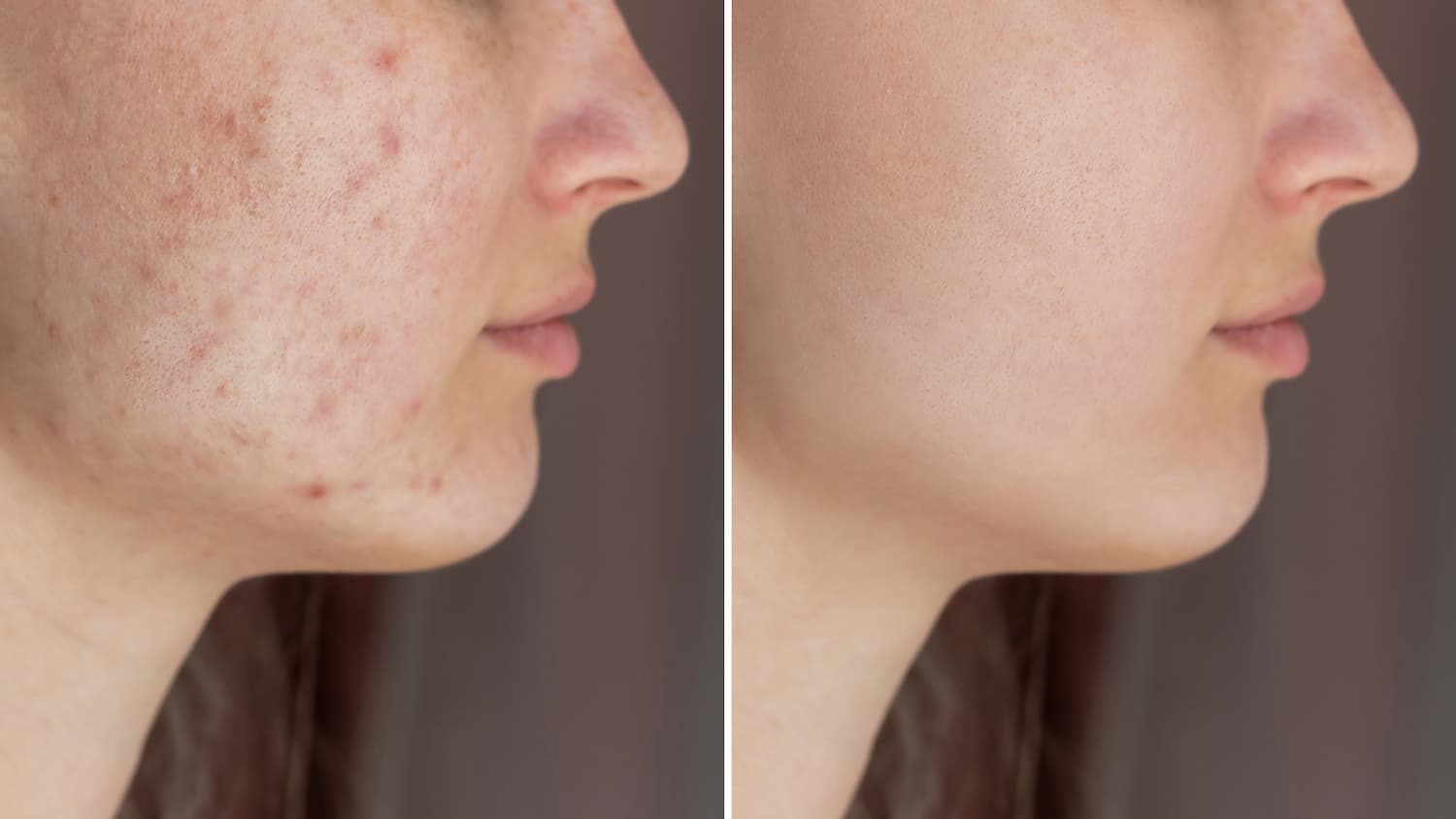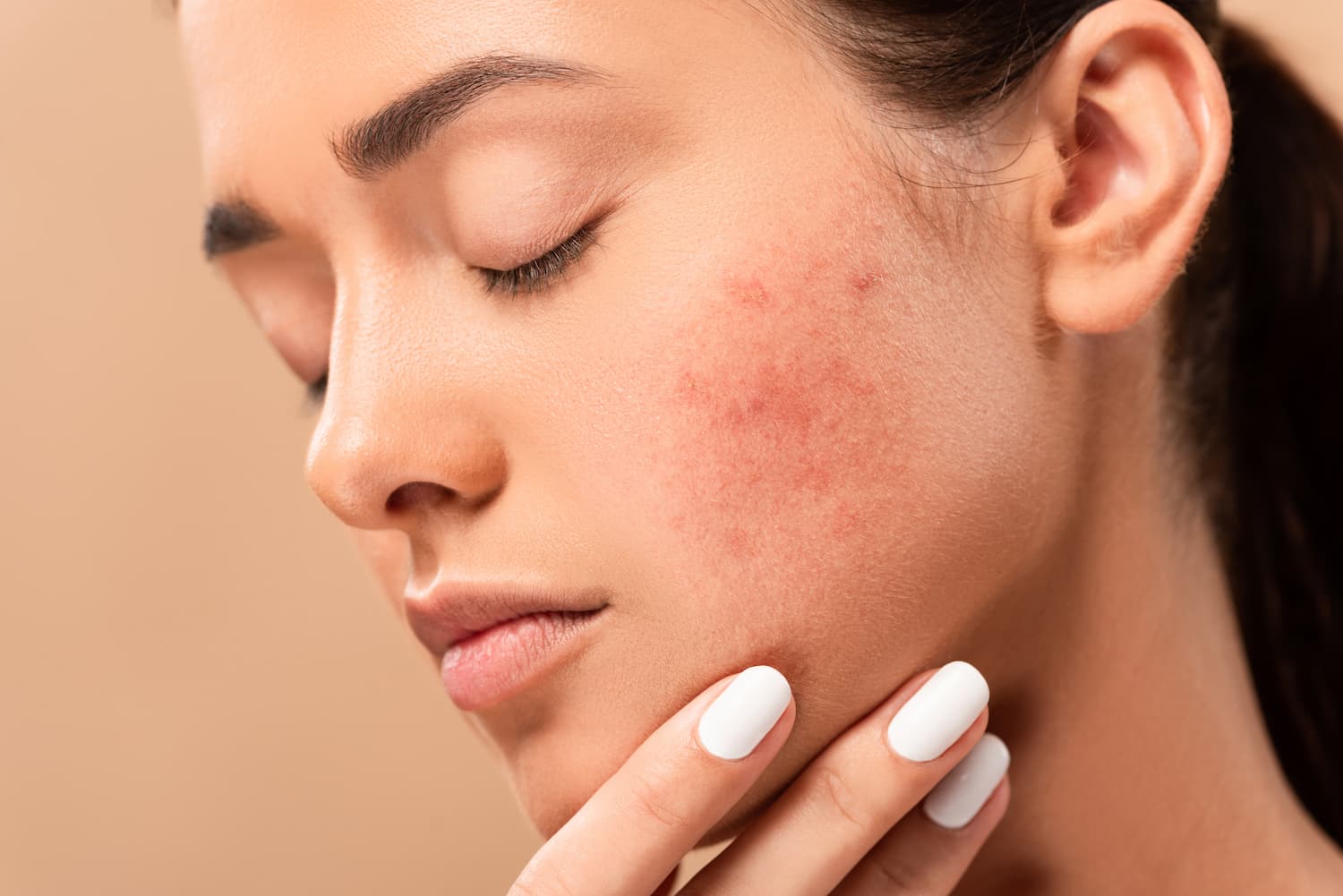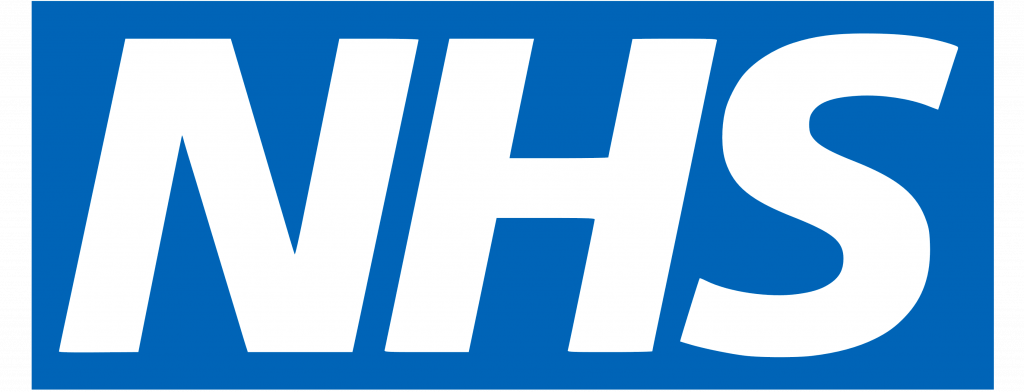What is acne?
Acne is a common chronic disorder affecting the hair follicle and sebaceous gland, causing blockage of the follicle and inflammation.
It is characterised by:
- Open and closed comedones (blackheads and whiteheads)
- Papules (red spots) and pustules (yellow heads)
- In severe acne - painful nodules and pseudocysts
- Post-inflammatory marks: erythematous or pigmented macules and scars

Who can get acne?
Acne affects males and females of all races and skin colours. It is commonly seen in adolescents and young adults, with 85% of 16 to 18-year-olds affected. However, it may sometimes occur in children and adults of all ages. In adult women, recurring acne often presents on the lower part of the face around the mouth and jaw line and it is usually triggered by hormones.
The severity of acne and length of duration varies from patient to patient. Acne can affect your face, chest, back or all three.

Treatments for acne
Acne is considered a chronic condition for which there is no one single treatment that cures it. Acne usually switches itself off after adolescence, but not always and it can recur. It all depends on factors such as your genetic predisposition, hormonal factors e.g. PCOS, etc.
All the existing treatments are aimed at managing your acne and minimizing its impact on your quality of life. Treatments depend on severity. Mild and moderate acne are managed in primary care.
Mild acne
(in the NHS is managed by your GP)
Topical treatments that contain antibiotics, antiseptic benzoyl peroxide, retinoids or a combination.
Some of the common preparations in the UK are: Duac, Zineryt, Differin, Epiduo gel and others
Combined oral contraceptive pill.
Antiseptic or keratolytic washes containing salicylic acid.
Moderate acne
(in the NHS is managed by your GP)
Topical treatments and oral antibiotics, usually Lymecycline /Oxytetracycline or Doxycycline. Other oral antibiotics that can be used are Trimethoprim and Erythromycin.
For women, anti-androgen treatments such as combined contraceptive pill or Spironolactone.
For adult women, who have persistent, lower face acne, which is mainly hormonally driven, Spironolactone could be an option. Please note that Spironolactone is an off-licence treatment for acne and most commonly prescribed in private clinics. Not all GPs would be prepared to prescribe it but many may as they are familiar with the use of Spironolactone as a weak antihypertensive.
Severe acne
(GP referral to see a dermatologist)
Your GP will refer you to a Dermatologist for consideration of Isotretinoin (one of the brands in the UK is Roaccutane) when your acne is severe or has not responded to a course of antibiotics and topical treatments.
Isotretinoin cannot be prescribed by your GP, so you will be referred to a dermatologist. Please note, Isotretinoin NHS prescriptions are only for patients with severe scarring acne. For more information on Isotretinoin please visit www.bad.org.uk
Steroid injections are sometimes needed to manage acutely inflamed and painful cysts.
Acne scarring
Most of the pink marks on the face will fade over 6-9 months once the acne is treated so the best thing initially is to do nothing and let it settle on its own.
In the UK, management of acne scars is not available on the NHS, but you can see a dermatologist privately to discuss treatments.
For those that need treatment for persistent scars on the face or keloid (lumpy) scars on the chest and back, there are various treatments available privately. Some of these are Micro needling, laser, steroid injections, etc.
Further information
Please find information on support groups and further information below:



